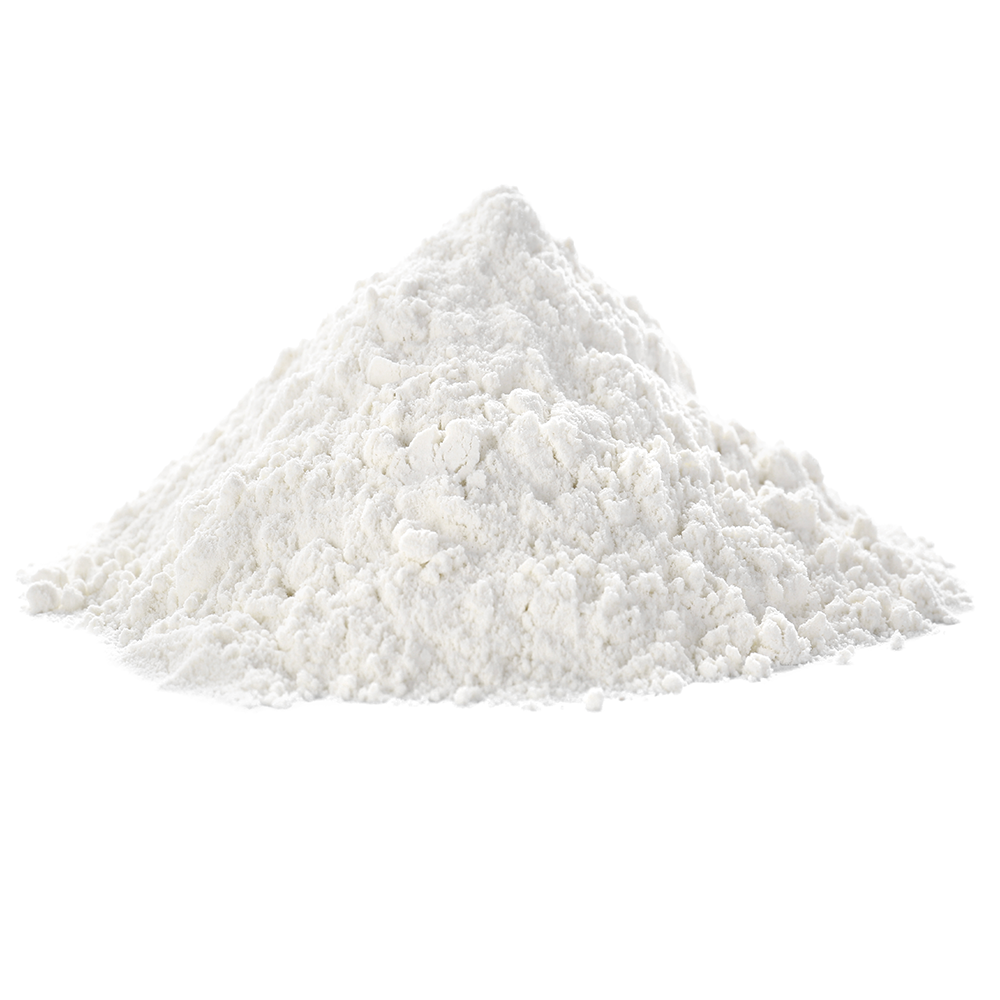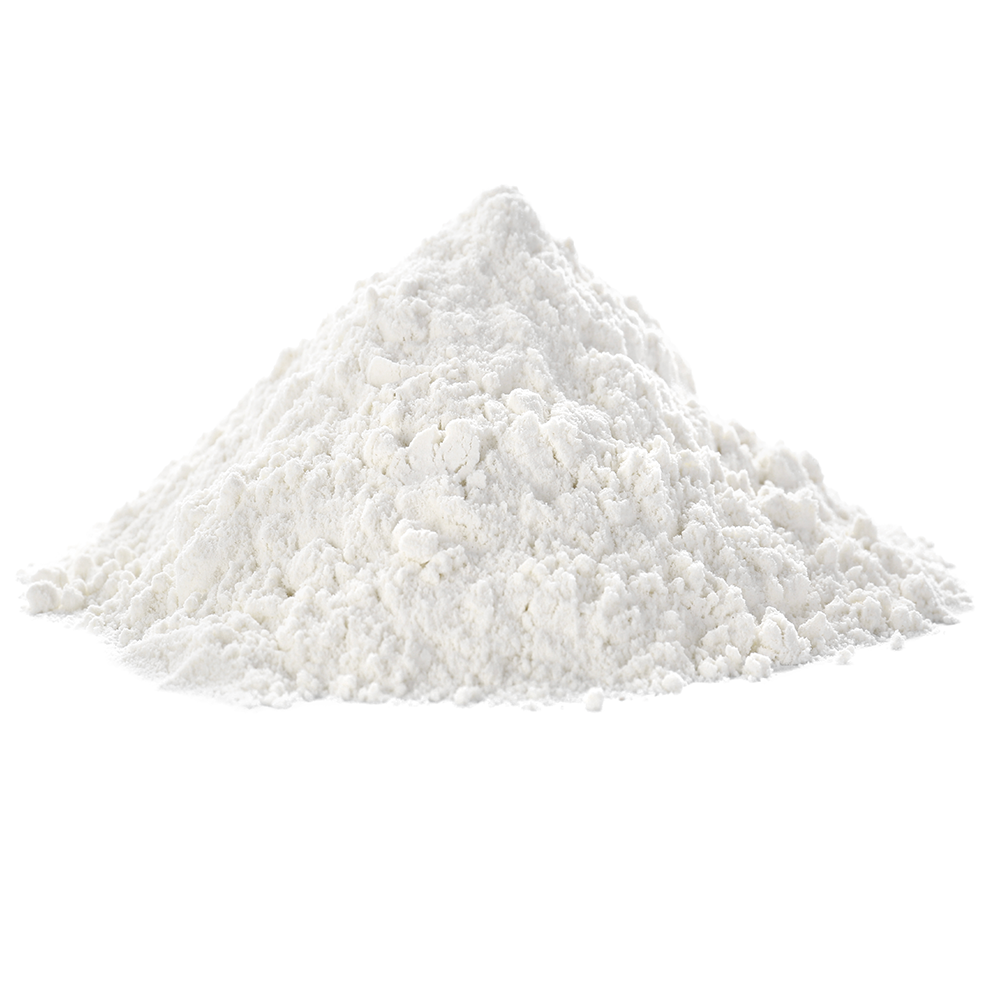Melatonin seems to be synonymous with a sleep aid. Although it is the most common supplement used as a sleep aid for adults and children, melatonin has many other health benefits beyond the scope of sleep1. We will take a closer look at what melatonin is, how it helps our sleep cycle, and other significant positive effects it can have on our bodies.
What Is Melatonin?
Melatonin is a hormone produced by the brain’s pineal gland, then released into our bloodstream. The pineal gland’s melatonin production is directly affected by darkness and light. When it is dark out, the pineal gland starts producing melatonin and stops producing serotonin, which prepares us for sleep; when it is light out, melatonin production stops, and serotonin begins again. This is part of what helps regulate our sleep/wake cycle, known as our circadian rhythm2.
The circadian rhythm is the natural cycle of mental, physical, and behavioral changes our body undergoes in a 24-hour period. Our biological “body clock” is affected by light and dark. Our circadian rhythm affects other areas of our life, such as our appetite, sleep, body temperature, hormones, and other bodily functions.
Those with a delayed circadian rhythm or many who work overnight find melatonin helpful to fall asleep during the daytime. Creating the optimal environment for sleeping is also important, such as keeping the lights low and not using any electronic devices such as cell phones, tablets, and video games before bedtime. Our bodies usually start to produce melatonin around 9 pm. The green and blue light that our smart devices radiate can neutralize the effects of melatonin. If you watch TV before falling asleep, ensure you are at least six feet away from the screen3.
Why A Little Goes A Long Way
As opposed to prescription sleep aids such as Ambien, where you take the pill and it puts you to sleep, melatonin helps your body become conducive for sleep initiation. The dosage and time you take melatonin depend on your unique circadian rhythm and personal bodily needs. Some of us produce enough melatonin on our own to fall asleep, although melatonin has many other beneficial properties which we will discuss in a little bit.
The ideal melatonin dose varies depending on age and the supplement’s purpose. The dosage for young adults can be as little as .03 milligrams. In the United States, melatonin is sold over the counter in 1-10 milligram tablets. The Food and Drug Administration does not regulate melatonin, but adults take an average of between 1 and 2 milligrams as a starting dose. A good rule of thumb is that less is more. Start on a lower dosage and work your way up if you are not finding efficacy in the supplement4. Making sure you are taking a trusted brand is also important. Erland Reports reviewed 31 commercially available melatonin supplements and found significant variability in the melatonin content, with some of the supplements containing serotonin5. That is not exactly what you were signing up for! Consulting a doctor before starting any supplement and purchasing supplements from valued and trusted companies is always a good idea.
Other Health Benefits From Melatonin
Although melatonin is widely used as a sleep aid, this supplement has other powerful benefits. As mentioned above, everyone’s chemistry is different; therefore, melatonin and all supplements and medications react differently with each person’s body. Other benefits of taking melatonin are:
- Contains antioxidant properties.
- Improves eye health.
- Helps manage immune function and cortisol levels.
- Increases levels of human growth hormone (crucial for cell regeneration).
- Helps treat gastroesophageal reflux disease (GERD)6.
Though studies vary on the extent to which melatonin alone will help these conditions, there is mounting evidence to support the relief or improvement in these areas.
Just like any other supplement that you add to your daily regimen, doing your research and consulting a physician is always recommended. Melatonin can be beneficial for those who have insomnia if all the other considerations are taken into account. Lack of sleep can diminish performance at work, affect our mental health, and affect our clarity of thought7. With all the additional benefits and being a sleep aid, it is no wonder why millions of Americans have melatonin as part of their daily regimen.
References:
- Melatonin and Sleep, https://www.sleepfoundation.org/melatonin,
- Melatonin For Sleep: Does It Work? https://www.hopkinsmedicine.org/health/wellness-and-prevention/melatonin-for-sleep-does-it-work.
- Melatonin: Why less is More, https://nwim.org/melatonin-why-less-is-more/.
- A Melatonin Dosage Guide: How Much Do I Need To Sleep, https://www.singlecare.com/blog/melatonin-dosage/.
- Melatonin Natural Health Products and Supplements: Presence of Serotonin and Significant Variability of Melatonin Content, https://pubmed.ncbi.nlm.nih.gov/27855744/.
- Melatonin: Benefits, Uses, Side Effects, and Dosage, https://www.healthline.com/nutrition/melatonin.
- Sleep Deprivation, https://www.sleepfoundation.org/sleep-deprivation.









